|
|
Acknowledgement: This Snapshot topic may be very difficult for some to read, based on their own life experiences at this time. Grief and loss is an important topic to address, but it may not be the right time for each person. Please take care of your own mental health and know that all
Snapshots are archived, if the information may be more helpful at a later date. This information is meant to serve as a guide and is not meant to replace professional help if required.
|
|
|
|
|
|
|
|
|
Children will experience many different losses as they grow up. A friend moves away. A pet dies. A relationship ends and divorce changes the family. Since the coronavirus pandemic began grandparents, parents, siblings, aunties, uncles, friends, and extended family members have died of COVID-19. Each person leaves behind family and friends, including children and teens, who are grieving.
Knowing what to say and how to support children during this time isn‘t easy. While you can‘t protect children from loss and the pain it may cause, you can play a major role in helping them feel secure and cope in the healthiest way possible.
|

|
|
|
Just like adults, children's grief can range from a minor reaction to feeling their world has shattered. This depends on factors such as their age and their relationship with the person who has died. In many other ways, however, their grief looks very different from that of adults. As a result, it’s often overlooked or misunderstood.
|
|
|
|
|
|
|
It is a fact that children grieve differently from adults. Young children may not even understand what death means, or that people who have died won‘t be coming back. They may worry they have done something to cause the death. On the other hand, they might not seem too concerned about it, or even go from crying one moment to wanting to play the next. It is also normal for a child to feel angry at the person who has died (or someone else entirely).
|
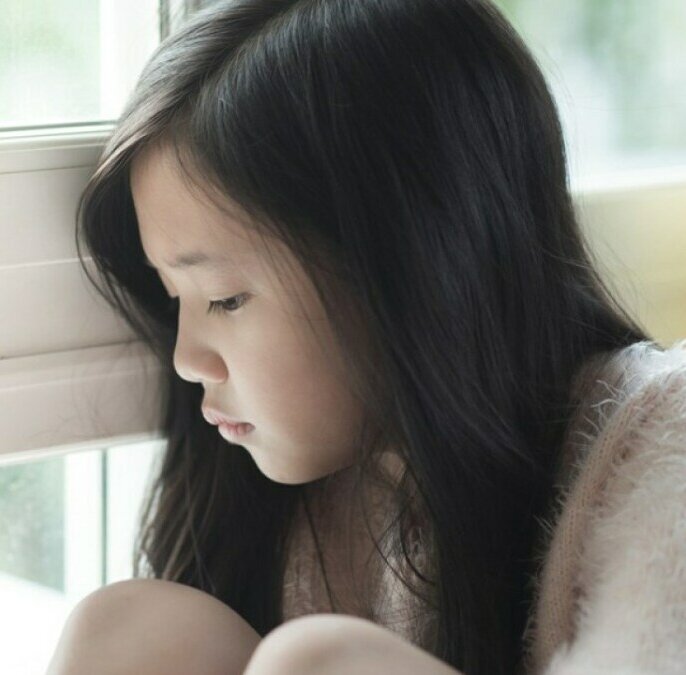 |
|
|
Rather than talking about their grief, children 11 years and under often express what they‘re feeling through their behavior. When an illness or death makes them feel less safe and secure, it‘s common for them to revert to younger behaviour. Such as not wanting to sleep alone, being afraid to be separated from parents, struggling to manage their emotions, or bed wetting.
|
|
|
|
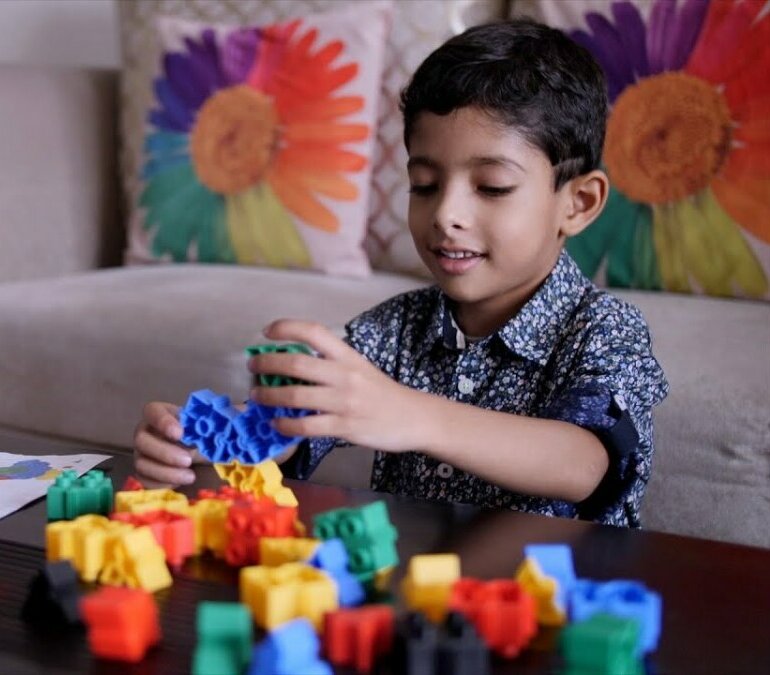
|
Children tend to have a wonderful ability to balance joy and sorrow at the same time. They can move very quickly between being sad and playing happily. This is normal. It‘s important to recognize that a child who is playing and having fun can still be grieving deeply. Their grief often looks like puddle jumping. When they‘re in the puddle of grief, it feels huge – then they jump out and quickly resume playing and other activities.
|
| |
|
|
|
|
|
|
|
|
Dr. Davies is Professor at the University of California and has gained international recognition for establishing North America's first children's hospice in Vancouver B.C. She explains how to understand children's reactions to grief and how to support them through it.
|
| |
|
|
|
|
|
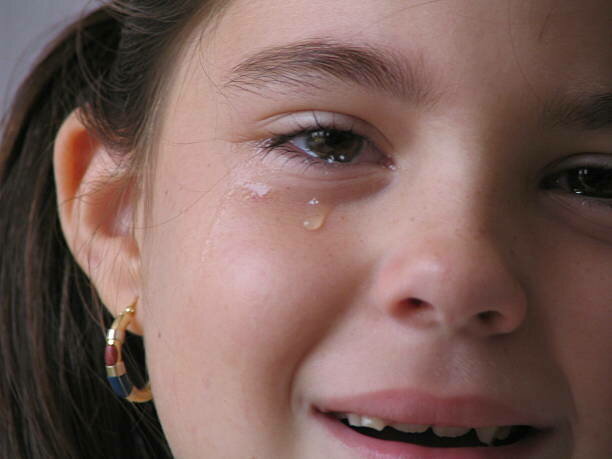
|
Death is part of life. And while parents may feel like they are protecting their children by not talking about it, research tells us they benefit from honest conversations with people who care about them. Children‘s natural curiosity may lead to many questions. To help them learn about dying and death in healthy ways, answer these openly and praise them for asking about such important things. When you don‘t have an answer, be honest about that.
|
|
|
Offer children the chance to talk about their grief but don‘t force it. Pushing a conversation they don't want to have can have the opposite effect, leading them to shut down. Create opportunities where conversation happens naturally such as playing board games, going for a walk in nature or baking together. When there's a death in a book or movie use this as an opportunity to talk about grief. Talking about their grief won't make them feel worse.
Validate their feelings. They may have very real fears about death and abandonment and they may wonder who will take care of them. Let them know that strong feelings are normal and it's okay to grieve. Give them permission to laugh and feel happy if they want to.
|
|
|
|
Help children prepare for new situations like visiting a loved one in the hospital or going to a memorial service. Talk about what they will see and what will happen so they know what to expect.
Grieving takes time. Your child may
re-experience loss during holidays or other important times. Let them know they can talk about their feelings no matter how much time has passed.
|

|
| |
|
|
|
|
|
|
|
|
Andrea Warnick Educational consultant and Grief Counsellor provides suggestions on how to parent a child through death and grief.
|
| |
|
|
|
|
|
Grieving is a natural process and it takes time. But symptoms that persist beyond six months or are very impairing can indicate that your child may need professional help to overcome their grief. Some signs your child may need professional help include:
|
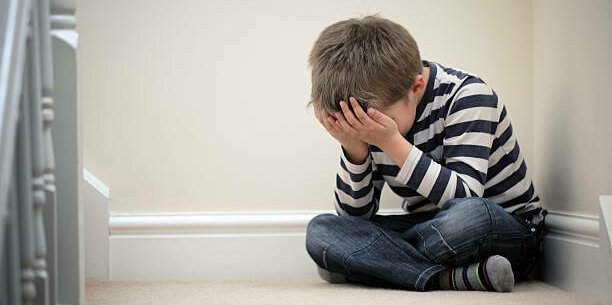
|
|
|
|
Nightmares
Belief that the world is generally unsafe
Irritability, anger and moodiness
Poor concentration
Appetite or sleep disturbances
Ongoing behavior problems
Detachment or withdrawal from others | Persistent regression to earlier behavior in young children, such as clinging, bedwetting or thumb-sucking
Difficulty sleeping
Inability or refusal to go to school, learn or play with friends
Anxiety
|
| |
|
|
|
|
|
|

| Many people experience grief and a sense of loss after the death of a loved one. But the ways in which they experience and express these feelings may differ across cultures. Culture is the mix of beliefs, values, behaviors, traditions, and rituals that members of a cultural group share.
It is important to remember that each culture has its own beliefs that influence how they cope with and express their grief.
|
| |
|
|
|
|
|
When parents divorce children may grieve the loss of their family as they knew it.
Mourning the loss of a family is normal, but over time both parents and children come to accept the new situation. Reassure them that it's OK to wish that their parents will reunite, but also explain the finality of your decisions.
Here are examples of some thoughts your children may be having as they grieve. They may go through all of these stages or only some of them. Or they may go through them in a different order than listed here.
|
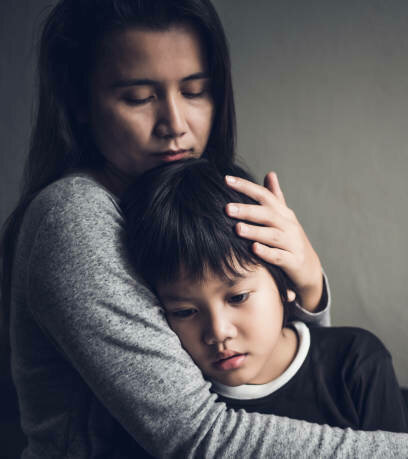
|
|
|
Denial
“I don't believe this.”
”My parents will get back together again.”
Anger
"How can you ruin my life like this?”
“You're only thinking about yourselves!” |
Bargaining
"If I behave better, maybe my parents will get back together.”
“Maybe I can help my parents stay together.”
Depression
“I feel so sad and alone.”
“My parents are splitting up because of me.”
|
|
|
|

|
Acceptance
“It‘s better for our family that my parents don‘t live together anymore.”
“My parents don't live together anymore, but they both still love me.”
It can take time for your children to adjust to separation and divorce, just as it takes time for you to adjust. Children will have an easier time accepting the new reality once parents have accepted it. They will take their lead from you.
|
| |
|
|
|
|
|

| If you are parenting or supporting a grieving child, one of the best ways to help is to ensure that you are taking care of yourself too. Research shows us that how well a child does after a death is linked to how well the adults in their life are doing. This doesn‘t mean hiding your grief from your child.
|
|
|
|
Rather, it means ensuring that you have people and activities in your life that provide comfort. If you need help or some time to take a break and clear your head, prioritize asking for it. By accessing support, you model for your children ways to take care of themselves, and you reassure them that you will have the energy and presence to be there for them. Be prepared to accept help from friends, relatives and possibly bereavement support such as
Victoria Hospice offers.
|
| |
|
|
|
|
|
|

| Do you enjoy the monthly Snapshots?
Do you have suggestions on how to improve the Snapshots?
Do you have ideas for future topics?
Let us know!
We would love to hear from you!

|
| |
|
|
|
|
|
|
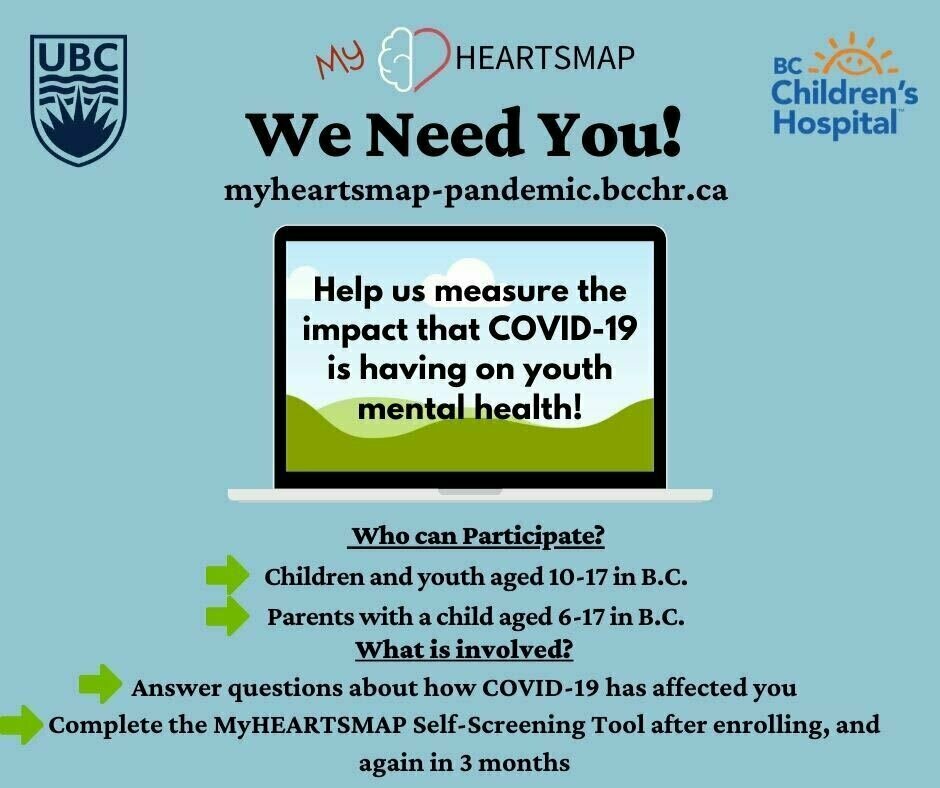
| The MyHEARTSMAP team needs your help to measure how much and in what ways the changes in our lives during the pandemic have affected the social and psychological wellness of our children and youth. Learning about our children's needs will help guide our provincial mental health resource planning.

|
| |
|
|
|
|
|
|
|
|
|
|
|